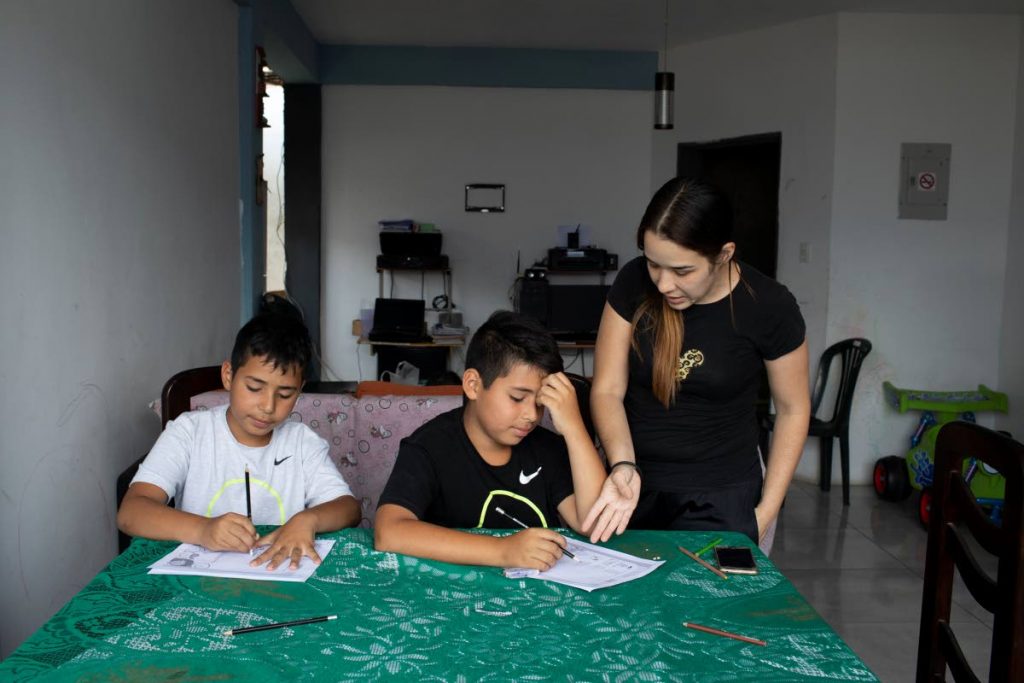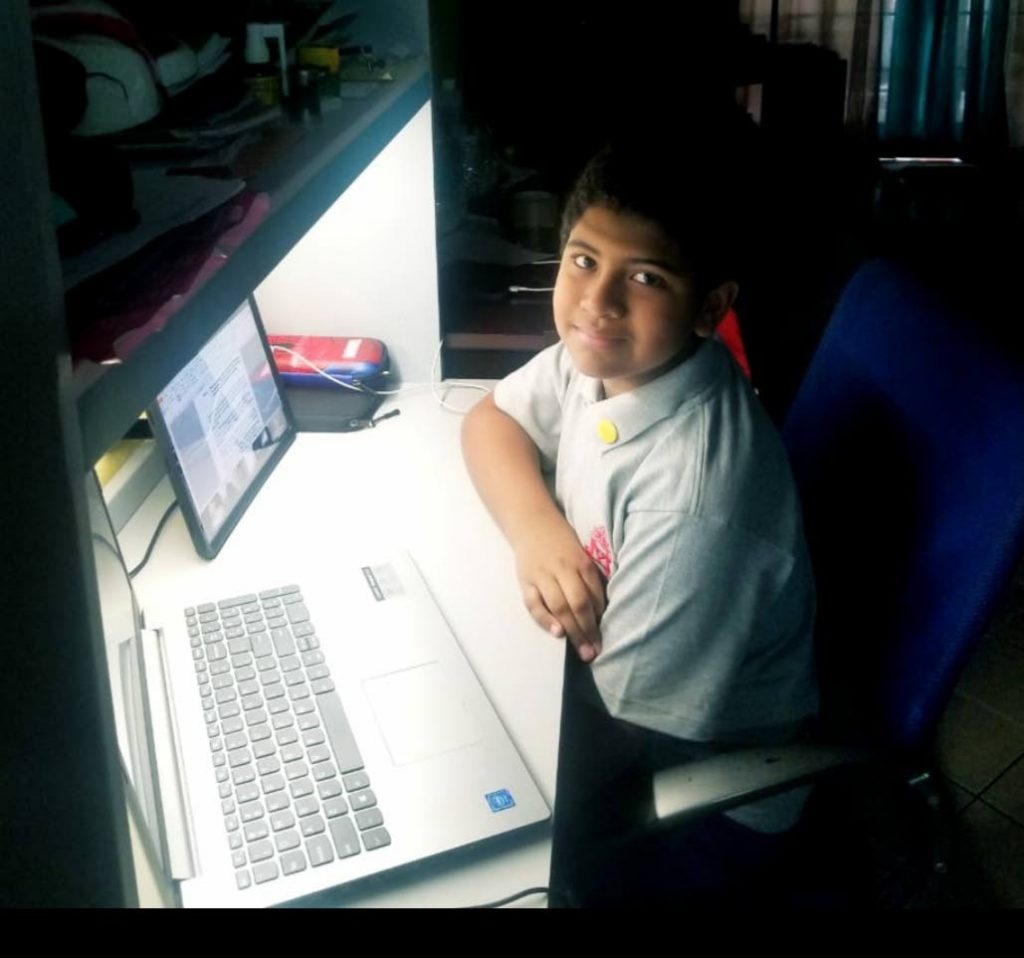Clinical psychologist offers advice on pros and cons of online learning

Since online schooling officially began in April 2020, children have had to make adjustments to their lives, study habits and socialisation.
Now, after more than a year out of the physical classroom, even if they are eager, they will have to readjust whenever they return.
Clinical and counselling psychologist Nidhi Kirpalani said, “Kids are craving to go back to school! Go back to seeing their peers, being out of the house, learning to be themselves and playing in after-school activities or team sports.”
With online schooling, some children get aching eyes, headaches, and body aches. They believe they are given too much work, they are having difficulties getting help when they do not understand a topic, and they still have to be on the computer doing homework long after classes are done for the day.
Kirpalani said some of her clients reported it was difficult to focus, as there are more distractions at home, since they either have no privacy or no quiet space in which to work. They find it difficult when they have to stop doing work to do chores, stressful because there is no break from the home environment, and they miss quality time with their friends.
“Some children really dislike online school because being around their friends was a coping strategy, support, and their access to love and normalcy in an abnormal setting.

“Children in abusive, restrictive settings are having a lot of difficulty, as they continuously are in their stressful environment without an avenue to escape it or have their nervous system take a break from the increased stress. Their bodies continuously are exposed to additional stress, (and) as children, they have less control over their environment than do adults.
"When the body is stressed, its difficult for the brain to focus, learn, and memorise new information, particularly on an academic level.”
But some enjoy having classes online, for various reasons. Some do not have to wear uniforms; they can wake up late, roll out of bed, and turn on the computer; since they cannot see their friends in person, at least they get to see them online; and it is something to do while they're home.
Others never enjoyed school in the first place, were probably very introverted or bullied at school, or they get to “slack off” and not turn on their computers or cameras.
Kirpalani said playing is healthy for children and should be encouraged when they return to school.
“Socialising is part of how we learn, grow, and decide what future we want to have. Kids may not need to re-socialised, but it may be very difficult to tell kids that they can’t hug their friends and must stay six feet apart in school. This is not normal human nature, and clearly even difficult for adults.
“We often slip into a mode where we lose six feet distance, and momentarily forget, when we bounce up a familiar friend or family member. It is natural and normal for human beings to socialise.

"Especially Trinis! We love to socialise and connect through physical touch such as a bounce or a hug.”
She advised teachers to be prepared for all types of situations when they return to physical school, and to be gentle with the children. They may report abuse or neglect, there could be behavioural changes, and initially children may focus more on socialising than on their schoolwork.
“Some may be more closed off and to themselves, while other kids may be more social. Guide them, but be understanding. These kids need to socialise.”
She suggested schools consider having more breaks to help children adjust, talk, and share their experiences, and to have guidance counsellors in each class if possible.
As for parents, she advised them to be gentle and understanding with their children, and have open discussions with them to prepare them for school.
In addition to encouraging school activities such as sports and youth clubs, they should also encourage healthy eating. They should also help their children get up, get ready and get out for school, and ask them about their day when they return home.
“Parents, be supportive and observant of kids and who may be withdrawn, having difficulty adjusting, or perhaps not being able to socialise well.”
Until that time, Kirpalani said teachers should ask students what they need to get through their work and give less homework. They should be understanding that some parents demand the children do chores, and that some children have no access to internet, or are struggling.
Teachers could give more breaks throughout the day and find more creative ways of teaching such as using crafts and activities. It would also be a positive step if teachers could switch their focus from achieving to learning.
She asked parents to let their children do chores before or after school rather than during class.
“As best as possible, allow kids to have a private, quiet study area. This area should not be on the bed. It should be a designated study area with water, pens and pencils, and even fidget items to help them focus.”
She also asked parents to allow children to take a break, and to help them children schedule their wake-up and break times, as having an adult help with time management could help them succeed.


Comments
"Clinical psychologist offers advice on pros and cons of online learning"